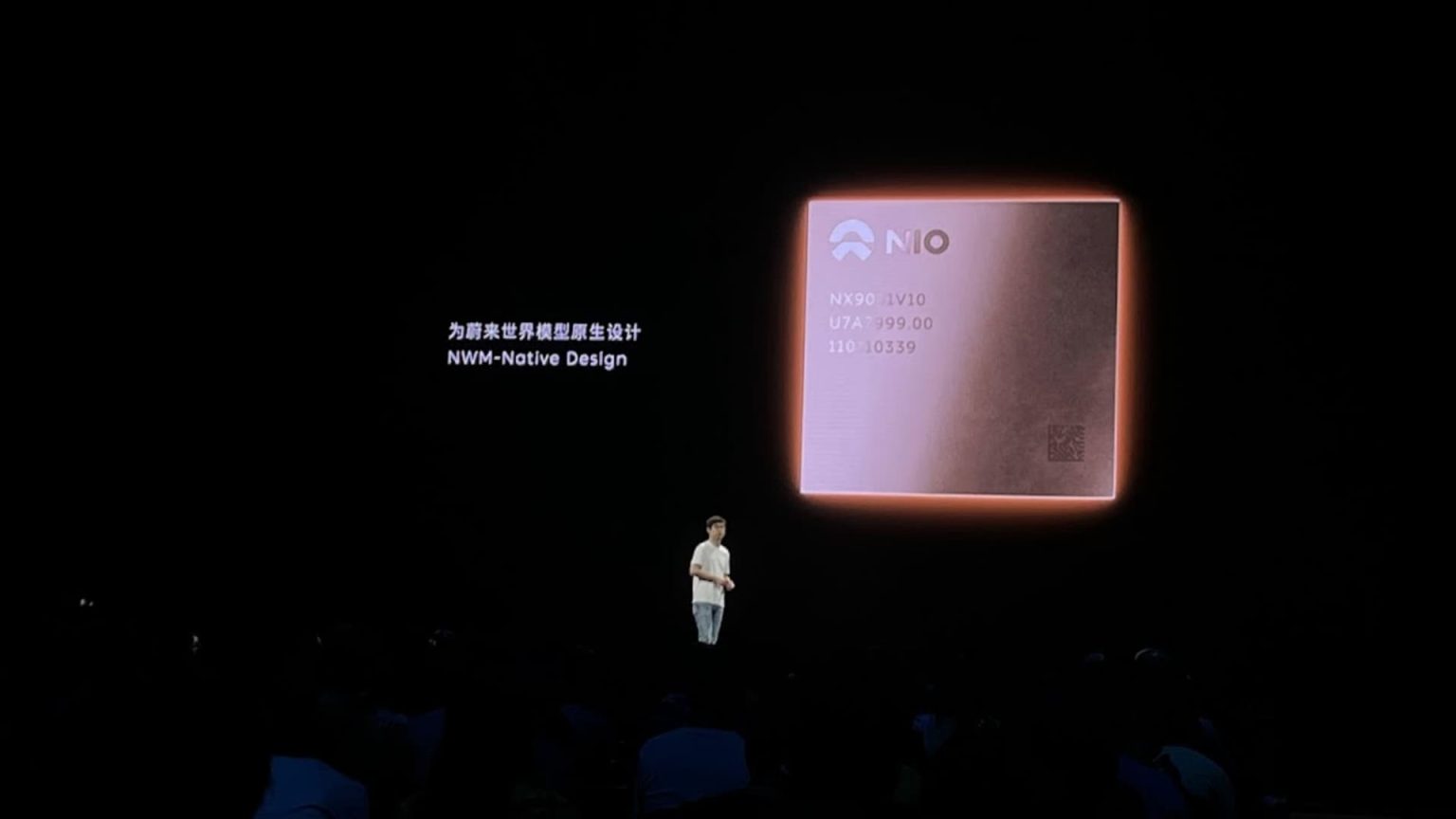Chinese electric car companies are intensifying their competition by focusing on chip-powered tech features, such as driver-assist functions. Major companies like Nio and Xpeng are developing in-house designed auto chips to enhance their products. Previously, many Chinese electric car makers relied on Nvidia chips, but are now focusing on in-house chips to differentiate their offerings. By creating their own chips, automakers can customize features and reduce supply chain risks.
Nvidia has seen significant growth in their automotive segment revenue, driven by the adoption of their technology in the development of autonomous vehicles. Chinese automakers are now paying attention to developing their own system-on-chip solutions in response to Tesla’s success in full-self driving technology. By designing their own chips, Chinese automakers can customize features, reduce supply chain risks, and potentially compete more effectively in the market. However, Nvidia is still expected to remain a key player in the autonomous driving technology sector.
Companies like Nio and Xpeng are leveraging cutting-edge technology in their chip designs to stay competitive. Nio recently announced the completion of an automotive-grade chip using 5 nanometer production technology, a first for the Chinese automotive industry. Xpeng also unveiled its own chip, known as Turing, which will be used to enhance its driver-assist technology. Additionally, significant players in China’s electric car industry are recognizing the importance of chip technology for smart connected vehicles.
Technological advancements in the electric car industry are shaping the future of transportation, with semiconductors playing a crucial role in the development of smart connected vehicles. Chinese companies are focusing on developing in-house chip technology to improve their products and compete globally. By developing their own chips, companies can customize features, reduce supply chain risks, and enhance their overall offerings. The industry is also contributing to new standards for technology in cars, such as digital key systems, to improve user experience.
Government incentives in China, coupled with advancements in electric car technology, have led to the widespread adoption of new energy vehicles in the country. Companies involved in the electric car development are driving innovation and creating new standards for tech in the automotive industry. The Car Connectivity Consortium is working on standards for digital key systems that securely connect drivers to their cars, with involvement from Chinese automakers like Nio and BYD. The future of electric cars in China and globally will likely be shaped by advancements in chip technology and the development of new industry standards.


